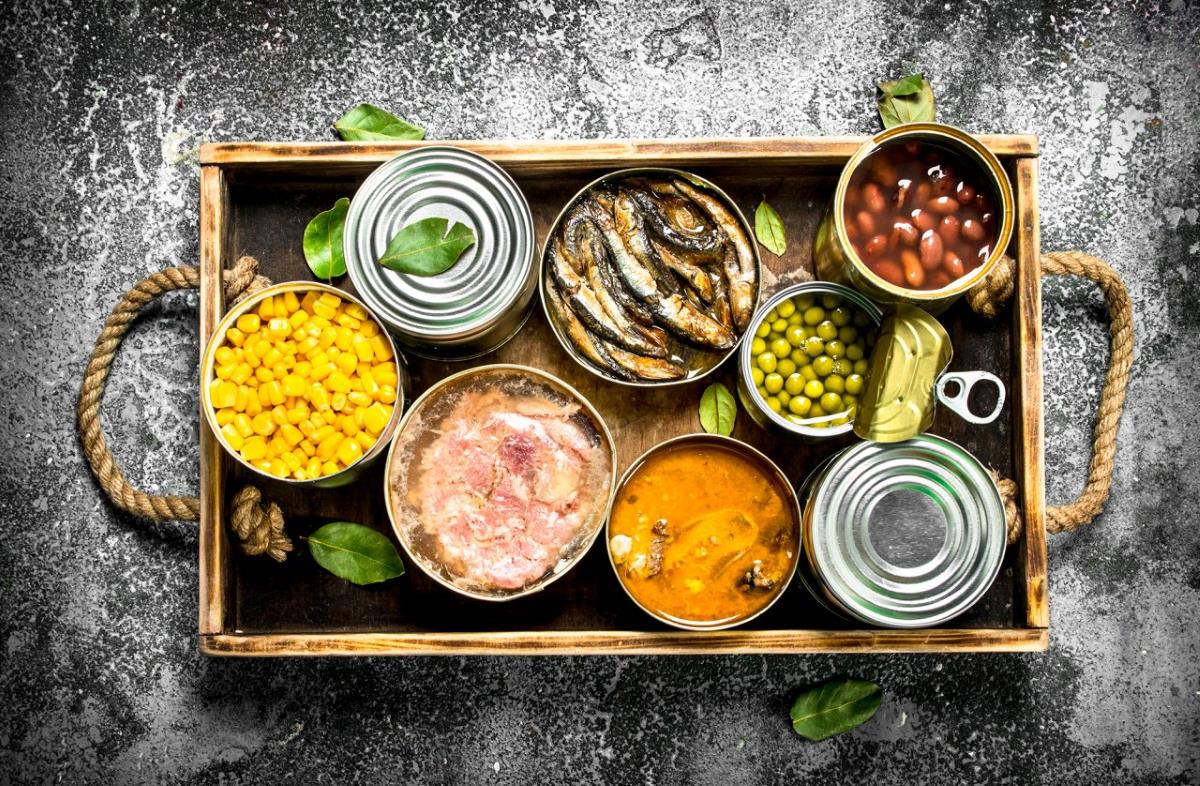

Articles
How To Store Canned Food After Opening
Modified: February 24, 2024
Learn the best techniques for storing canned food after opening. Read our informative articles to ensure your food stays fresh and safe for consumption.
(Many of the links in this article redirect to a specific reviewed product. Your purchase of these products through affiliate links helps to generate commission for Storables.com, at no extra cost. Learn more)
Introduction
When it comes to storing canned food after opening, proper storage techniques are crucial to maintaining the quality and safety of the food. Whether you’re dealing with leftover canned vegetables, fruits, soups, sauces, or meats, knowing how to store them correctly will help prevent spoilage and ensure that you can continue to enjoy them safely.
By following some general guidelines and understanding the specific storage requirements for different types of canned food, you can extend their shelf life and preserve their flavor and nutritional value. In this article, we will explore the importance of properly storing canned food and provide helpful tips for storing different varieties.
Properly stored canned food not only lasts longer but also maintains its taste and nutritional content. By keeping canned food in optimal conditions, you can avoid waste, save money, and have a well-stocked pantry for any occasion.
So, let’s dive into the fascinating world of storing canned food and discover the best practices for keeping your favorite canned goods fresh and delicious!
Key Takeaways:
- Properly storing canned food is essential for safety, quality, and sustainability. Follow storage guidelines to preserve flavor, prevent waste, and maximize the value of your pantry staples.
- Label and organize canned food for efficient storage. Use FIFO method, refrigerate leftovers, and maintain an inventory list to ensure freshness, minimize waste, and simplify meal planning.
Read more: How To Store Canned Beans After Opening
Importance of Properly Storing Canned Food
Properly storing canned food is essential for several reasons. Firstly, it ensures food safety by minimizing the risk of bacterial contamination. Improper storage can lead to the growth of harmful bacteria like Clostridium botulinum, which can cause foodborne illnesses such as botulism.
Secondly, proper storage helps maintain the quality and flavor of the canned food. Exposure to air, moisture, and temperature fluctuations can result in flavor deterioration, texture changes, and loss of nutrients. By following the right storage practices, you can extend the shelf life and maintain the taste and nutritional value of your canned food.
Thirdly, organized and properly stored canned food allows you to manage your pantry effectively. When you store your canned goods in a well-organized manner, it becomes easier to keep track of their expiration dates and use them in a timely manner. This prevents food wastage and helps you maximize the value of your canned food purchases.
Furthermore, proper storage can save you money in the long run. Canned food that is stored correctly can last longer, reducing the need for frequent restocking. When you can rely on your canned goods to stay fresh and safe, you can confidently buy them in bulk or take advantage of sales and discounts.
Lastly, proper storage practices contribute to sustainability efforts. When you store canned food properly, you prevent spoilage and reduce the amount of food waste generated. This helps conserve resources and minimizes the environmental impact associated with food production, transportation, and disposal.
Overall, understanding the importance of properly storing canned food can help you make informed decisions about how to store and use your canned goods. By following the guidelines and tips outlined in this article, you can ensure the safety, quality, and longevity of your canned food, maximizing its value and enjoyment.
General Guidelines for Storing Canned Food
When it comes to storing canned food, there are some general guidelines that apply to most types of canned goods. By following these guidelines, you can ensure that your canned food stays fresh, safe, and maintains its quality for an extended period.
- Check for and observe the expiration date: Before storing canned food, always check the expiration date on the can. It is important to consume canned goods before they expire to ensure their safety and quality.
- Inspect the can: Examine the can for any signs of damage, such as bulging, dents, or rust. Damaged cans should not be stored as they may compromise the integrity of the food inside.
- Store in a cool, dry place: Canned food should be stored in a cool, dry location away from direct sunlight and sources of heat. High temperatures can accelerate food spoilage and affect the quality of the contents.
- Avoid extreme temperatures: Fluctuations in temperature can cause spoilage and affect the taste and texture of canned food. Avoid storing canned goods in places prone to extreme temperatures, such as garages or near heating elements.
- Keep away from moisture: Moisture can lead to the growth of bacteria and cause can corrosion. Store canned food in a dry area to prevent moisture damage and extend its shelf life.
- Rotate your stock: Practice the “first in, first out” (FIFO) method by arranging your canned goods so that those with the earliest expiration dates are used first. This helps prevent food waste and ensures that you consume the oldest canned items before they expire.
- Avoid stacking cans too high: When storing canned food, avoid stacking the cans too high to prevent them from toppling over and causing damage. It’s best to keep them at a manageable height to ensure easy access and minimize the risk of accidents.
- Avoid storing near cleaning products: Chemicals from cleaning products can seep into cans and contaminate the food. Keep canned goods away from areas where cleaning supplies are stored.
- Label and date your cans: It’s helpful to label your canned goods with the contents and the date they were opened. This makes it easier to identify and use them in a timely manner.
By following these general guidelines, you can ensure that your canned food stays fresh, safe, and maintains its quality. Taking these simple steps will help you enjoy your canned goods to the fullest and minimize any potential food safety risks.
Storing Canned Vegetables
Canned vegetables are a convenient and nutritious addition to any pantry. Proper storage is crucial to maintaining their quality and flavor. Here are some guidelines for storing canned vegetables:
- Check for signs of spoilage: Before storing canned vegetables, inspect the cans for any signs of bulging, rust, or damage. Discard any cans that are compromised.
- Store in a cool, dry place: Canned vegetables should be stored in a cool area away from direct sunlight and heat sources. The ideal temperature range is between 50°F (10°C) and 70°F (21°C).
- Keep cans upright: Store canned vegetables in an upright position to prevent liquid from coming into contact with the can’s metal and potentially causing corrosion.
- Label and date: It’s important to label your cans with the contents and the date they were opened to help you keep track of their freshness.
- Use within a reasonable time frame: While canned vegetables have a long shelf life, it’s best to consume them within 1-2 years of the production date for optimal flavor and texture.
- Transfer leftovers to a different container: If you have any leftovers after opening a can, transfer them to a clean, airtight container and refrigerate. Opened canned vegetables can last 3-4 days in the refrigerator.
- Don’t freeze canned vegetables: Freezing canned vegetables can cause texture changes and affect their quality. It’s best to consume them in their canned form.
By following these guidelines, you can ensure that your canned vegetables stay fresh and delicious. Canned vegetables are a convenient way to add nutrition to your meals, and with proper storage, you can have them readily available for whenever you need them.
Storing Canned Fruits
Canned fruits are a versatile and delicious pantry staple. Whether you use them in desserts, salads, or as a quick snack, proper storage is essential for maintaining their flavor and texture. Here are some guidelines for storing canned fruits:
- Check for signs of damage: Inspect the cans for any dents, bulges, or leaks before storing. Damaged cans can indicate spoilage or compromised food quality.
- Store in a cool, dry place: Canned fruits should be stored in a cool and dry area away from direct sunlight and heat sources. The ideal temperature range is between 50°F (10°C) and 70°F (21°C).
- Use within a reasonable time frame: While canned fruits have a long shelf life, it’s best to consume them within 1-2 years of the production date to ensure optimal taste and texture.
- Refrigerate after opening: Once you open a can of fruit, transfer any leftover portions to a clean, airtight container and refrigerate. Opened canned fruits can last 3-4 days in the refrigerator.
- Don’t freeze canned fruits: Freezing canned fruits can lead to texture changes and affect their quality. It is recommended to consume them in their canned form.
- Avoid draining the syrup: The syrup or juice that comes with canned fruits helps preserve their flavor and texture. It’s best to leave the fruits in their syrup when storing them.
- Label and date: Always label your cans with the contents and the date they were opened to keep track of their freshness.
By following these guidelines, you can ensure that your canned fruits remain delicious and enjoyable. They provide a convenient way to enjoy the flavors of various fruits throughout the year, and proper storage will help you make the most of their long shelf life.
Store opened canned food in airtight containers in the refrigerator. Use the food within 3-4 days to ensure freshness and safety.
Read more: How To Store Canned Chickpeas After Opening
Storing Canned Soups and Sauces
Canned soups and sauces are convenient staples that add flavor and depth to a variety of dishes. Proper storage is essential for maintaining their taste and texture. Here are some guidelines for storing canned soups and sauces:
- Check for signs of damage: Before storing canned soups and sauces, inspect the cans for any dents, bulges, or leaks. Damaged cans can indicate spoilage or compromised food quality.
- Store in a cool, dry place: Canned soups and sauces should be stored in a cool and dry area away from direct sunlight and heat sources. The ideal temperature range is between 50°F (10°C) and 70°F (21°C).
- Use within a reasonable time frame: While canned soups and sauces have a relatively long shelf life, it’s best to consume them within 1-2 years of the production date for optimal flavor and quality.
- Refrigerate after opening: Once you open a can of soup or sauce, transfer any leftover portions to a clean, airtight container, and refrigerate. Opened canned soups and sauces can last 3-4 days in the refrigerator.
- Avoid freezing: Freezing canned soups and sauces can cause changes in texture and affect their overall quality. It’s best to consume them within a few days after opening.
- Label and date: Be sure to label your cans with the contents and the date they were opened to keep track of their freshness.
- Consider portioning: If you won’t be consuming the entire can at once, consider portioning the soup or sauce into smaller containers before refrigerating to prevent unnecessary spoilage and maintain freshness.
By following these guidelines, you can ensure that your canned soups and sauces stay delicious and ready to enhance your meals. Canned soups and sauces provide a convenient and versatile option for adding flavor to various dishes, and proper storage will help you make the most of their long shelf life.
Storing Canned Meats and Fish
Canned meats and fish are convenient sources of protein that can be used in a wide range of dishes. Proper storage is crucial to maintain their quality and ensure food safety. Here are some guidelines for storing canned meats and fish:
- Check for signs of damage: Before storing canned meats and fish, inspect the cans for any dents, bulges, or leaks. Damaged cans can indicate spoilage or compromised food quality.
- Store in a cool, dry place: Canned meats and fish should be stored in a cool and dry area away from direct sunlight and heat sources. The ideal temperature range is between 50°F (10°C) and 70°F (21°C).
- Use within a reasonable time frame: While canned meats and fish have a relatively long shelf life, it’s best to consume them within 2-5 years of the production date for optimal flavor and quality.
- Refrigerate after opening: Once you open a can of meat or fish, transfer any leftover portions to a clean, airtight container, and refrigerate. Opened canned meats and fish can last 3-4 days in the refrigerator.
- Avoid freezing: Freezing canned meats and fish can affect their texture and quality. It’s best to consume them within a few days after opening.
- Label and date: To keep track of freshness, label your cans with the contents and the date they were opened.
- Use proper handling and hygiene: When using canned meats and fish, ensure proper hygiene by using clean utensils and washing your hands. Avoid using rusty can openers as they can contaminate the contents.
Following these guidelines will help you maintain the quality and safety of your canned meats and fish. Whether you’re adding them to sandwiches, salads, or casseroles, properly stored canned meats and fish are a convenient and reliable source of protein for your meals.
Tips for Labeling and Organizing Canned Food
Properly labeling and organizing your canned food is essential for efficient storage and easy access. It helps you keep track of expiration dates, locate specific items quickly, and prevent unnecessary waste. Here are some tips for labeling and organizing your canned food:
- Label your cans: Use adhesive labels or a permanent marker to label each can with the contents. This will help you identify the canned food easily without having to read the label every time.
- Include the date: In addition to the contents, write the date you opened the can on the label. This will allow you to monitor the freshness and prioritize the consumption of older canned goods.
- Sort by category: Group similar cans together based on their category, such as vegetables, fruits, soups, or meats. This makes it easier to find what you need and helps in meal planning.
- Arrange by expiration date: Use the “first in, first out” (FIFO) principle to organize your canned food. Place the cans with the earliest expiration dates in front so that you use them first and minimize food waste.
- Consider using storage racks or shelves: Invest in storage racks or shelves specifically designed for canned food. These organizers can maximize space and allow for easy visibility and access to your canned goods.
- Stack or nest cans: If you have limited space, consider stacking or nesting cans of the same size to save room and create a more organized storage system.
- Rotate your stock: Regularly check and rearrange your canned food stock to ensure that older cans are used first. This prevents items from expiring and helps maintain a well-managed pantry.
- Keep an inventory list: Maintain a simple inventory list of the canned food you have, noting the quantity, contents, and expiration dates. This can help you plan meals, avoid overstocking, and prevent unnecessary purchases.
- Store in a dedicated area: Designate a specific area in your pantry or kitchen cabinets solely for canned food storage. This will help create a systematic and organized space for easy access and maintenance.
By following these tips for labeling and organizing your canned food, you can maximize the efficiency of your storage space, reduce food waste, and ensure that you can quickly find and use the canned goods you need. A well-organized pantry will not only save you time and effort but also make meal planning and preparation more enjoyable.
Conclusion
Properly storing canned food after opening is crucial for maintaining its quality, safety, and nutritional value. Whether it’s canned vegetables, fruits, soups, sauces, or meats, following specific storage guidelines can help extend their shelf life and ensure that you can continue to enjoy them safely.
By checking for signs of damage, storing in a cool, dry place, and using them within a reasonable time frame, you can preserve the flavor, texture, and nutritional content of canned food. Refrigerating leftover portions and labeling cans with contents and dates can further enhance organization and freshness.
Understanding the importance of proper storage not only prevents the growth of harmful bacteria but also saves you money, reduces food waste, and contributes to sustainability efforts. By making use of FIFO organizing principles and maintaining an inventory list, you can efficiently manage your canned food stock, easily find what you need, and prevent unnecessary purchases.
So, next time you open a can of vegetables, fruits, soups, sauces, or meats, remember to store them properly to prolong their shelf life and ensure their optimal taste and quality. Enjoy the convenience, versatility, and nutrition that canned food provides, and make the most of your well-stocked pantry.
By implementing the storage guidelines and tips outlined in this article, you can be confident in your ability to properly store and enjoy the wide variety of canned food available to you. So stock up, organize, and savor the delicious and nutritious benefits of canned food!
Frequently Asked Questions about How To Store Canned Food After Opening
Was this page helpful?
At Storables.com, we guarantee accurate and reliable information. Our content, validated by Expert Board Contributors, is crafted following stringent Editorial Policies. We're committed to providing you with well-researched, expert-backed insights for all your informational needs.
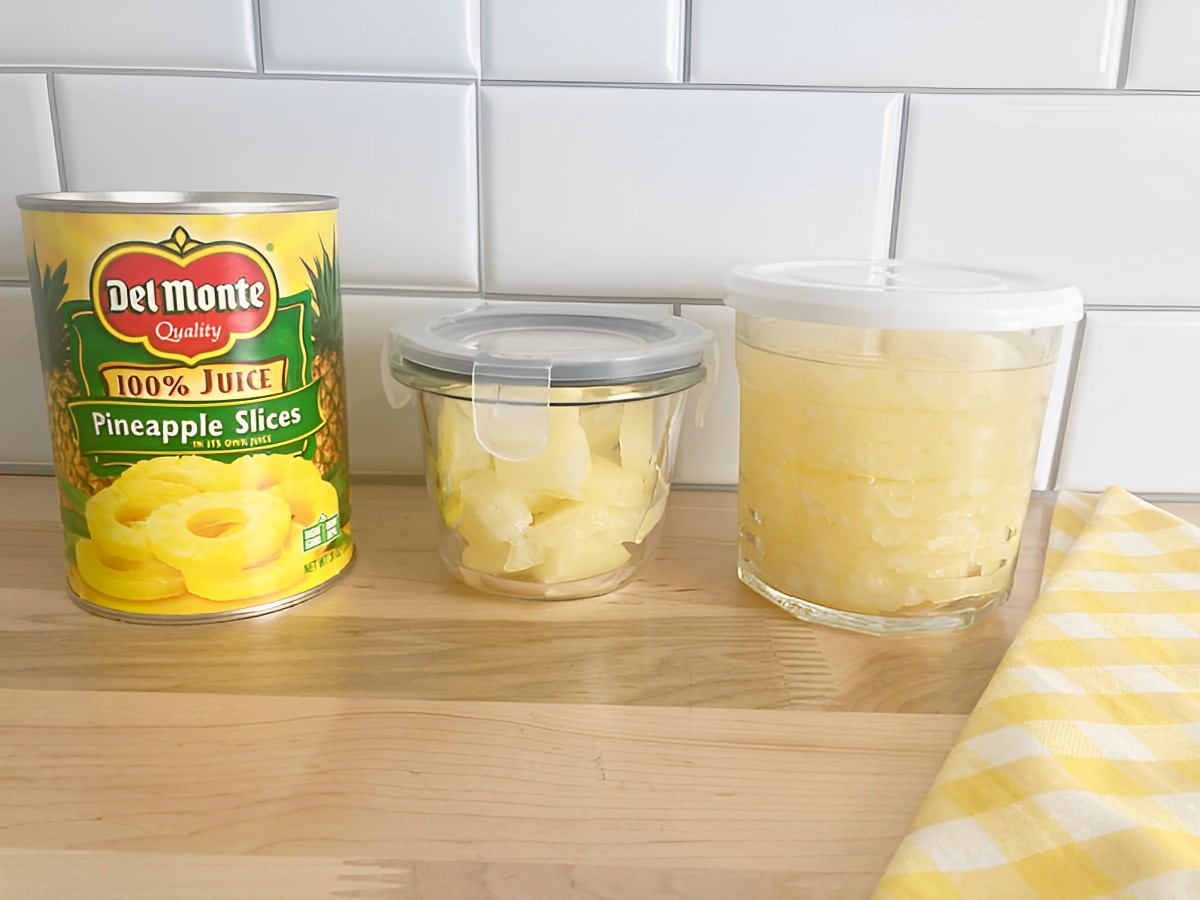
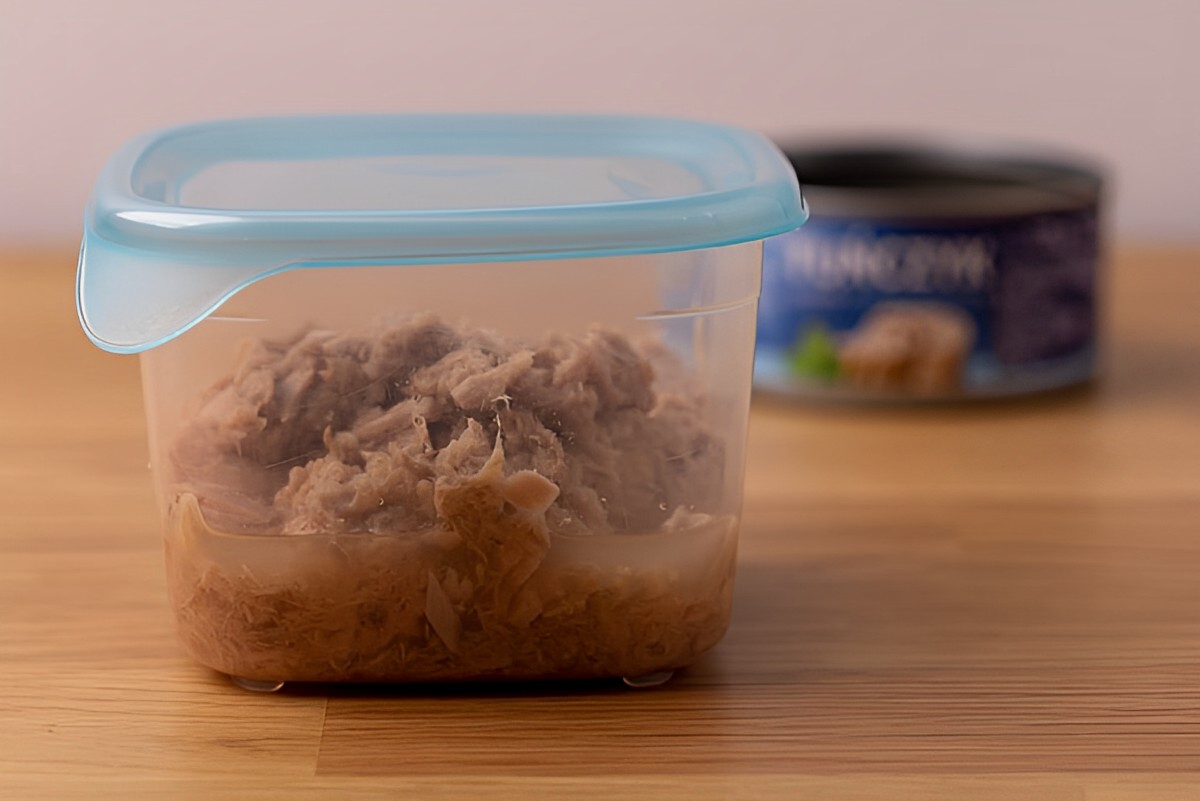
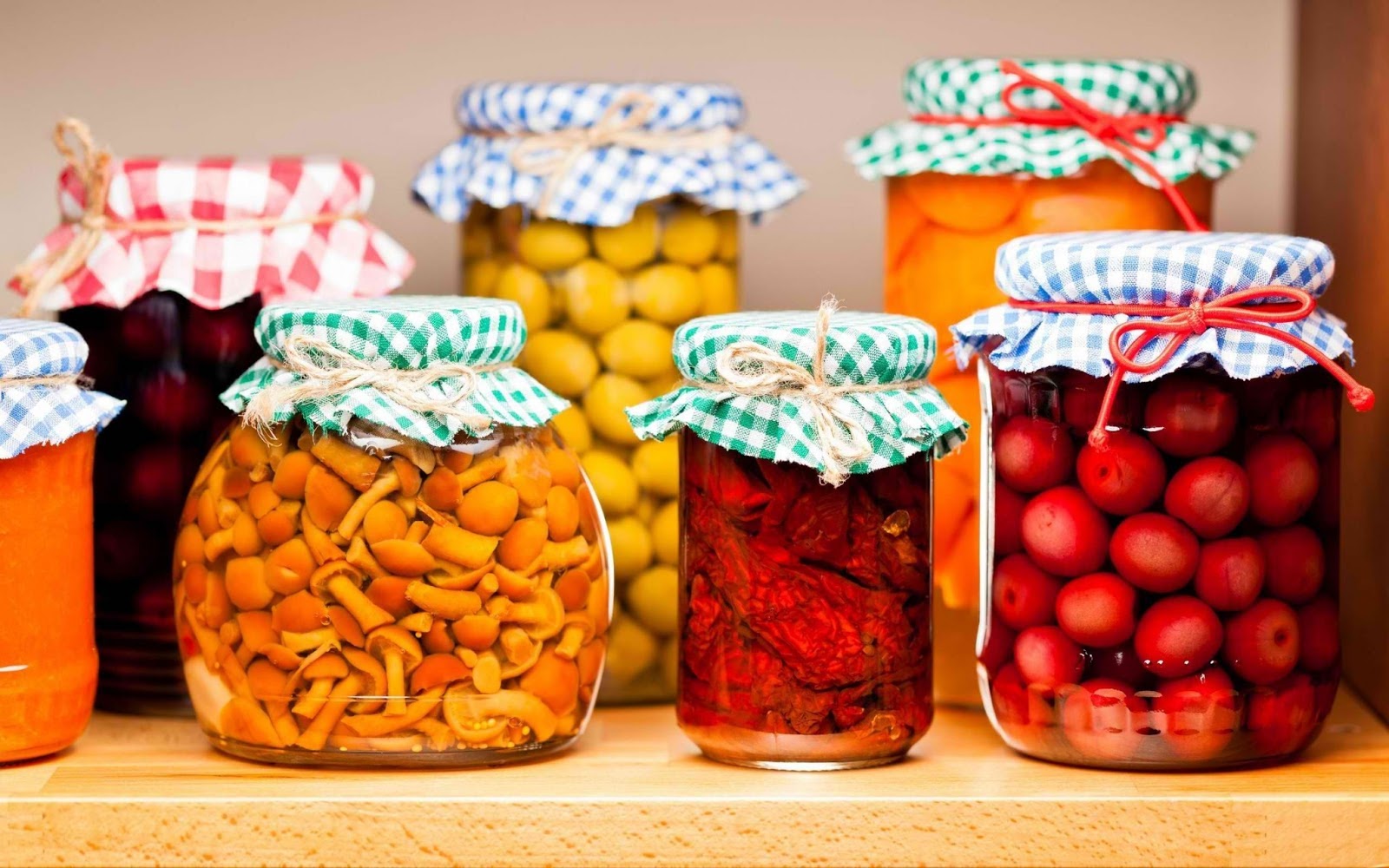
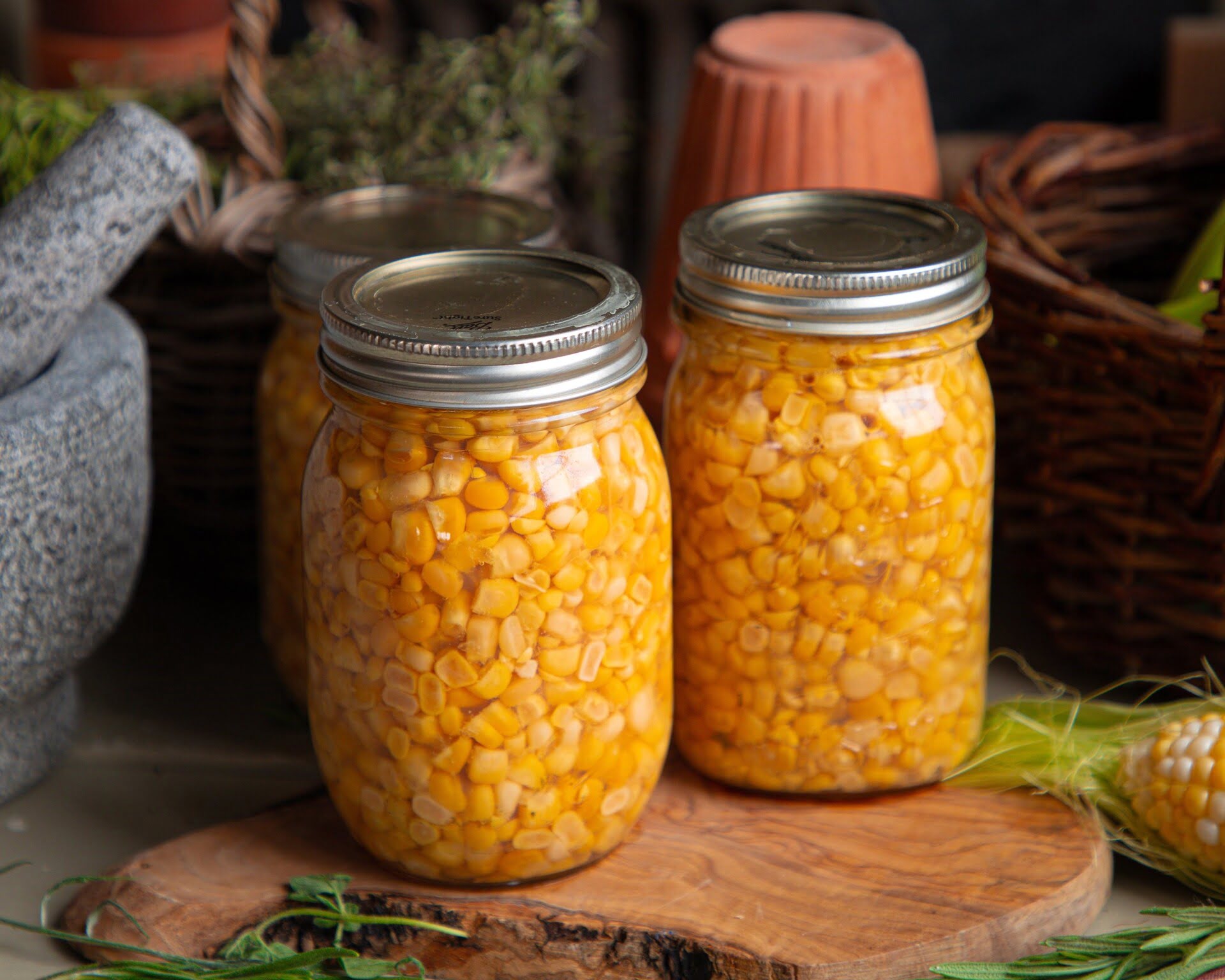
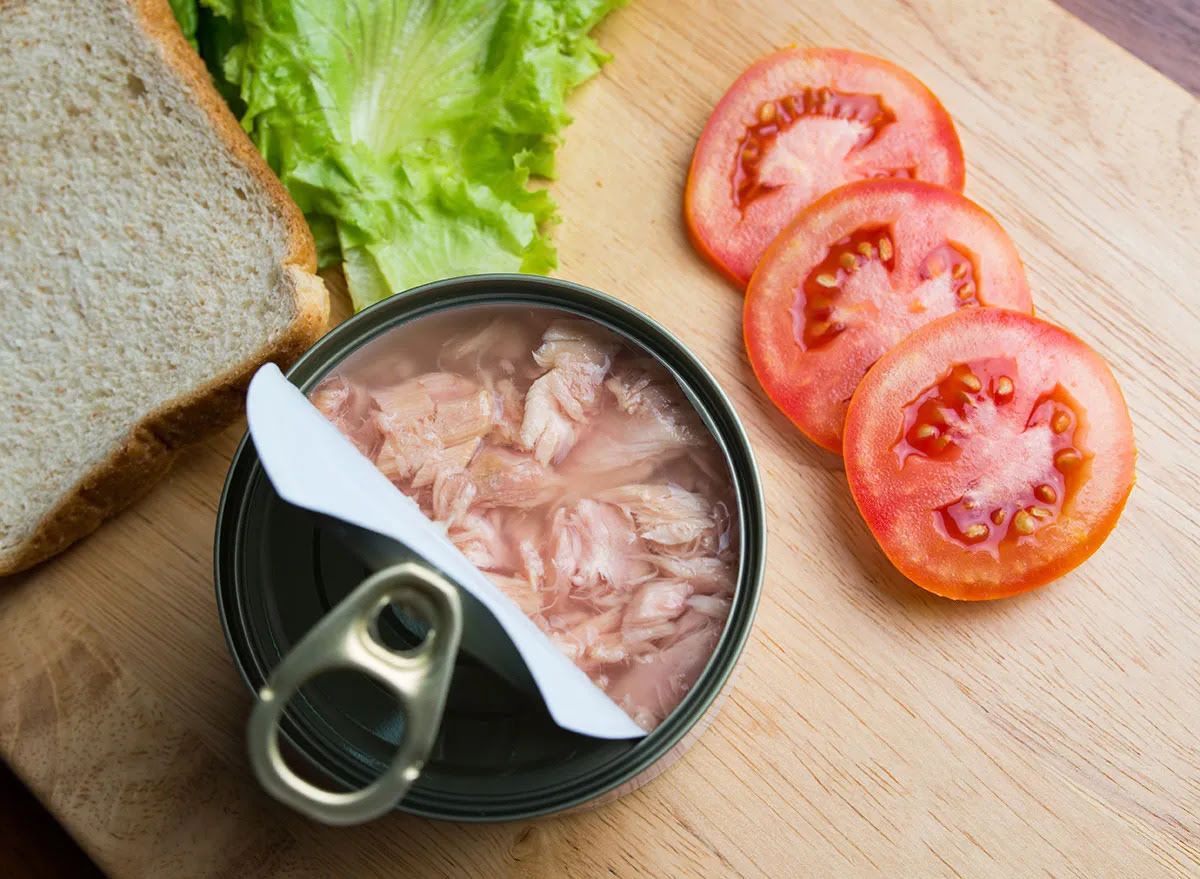
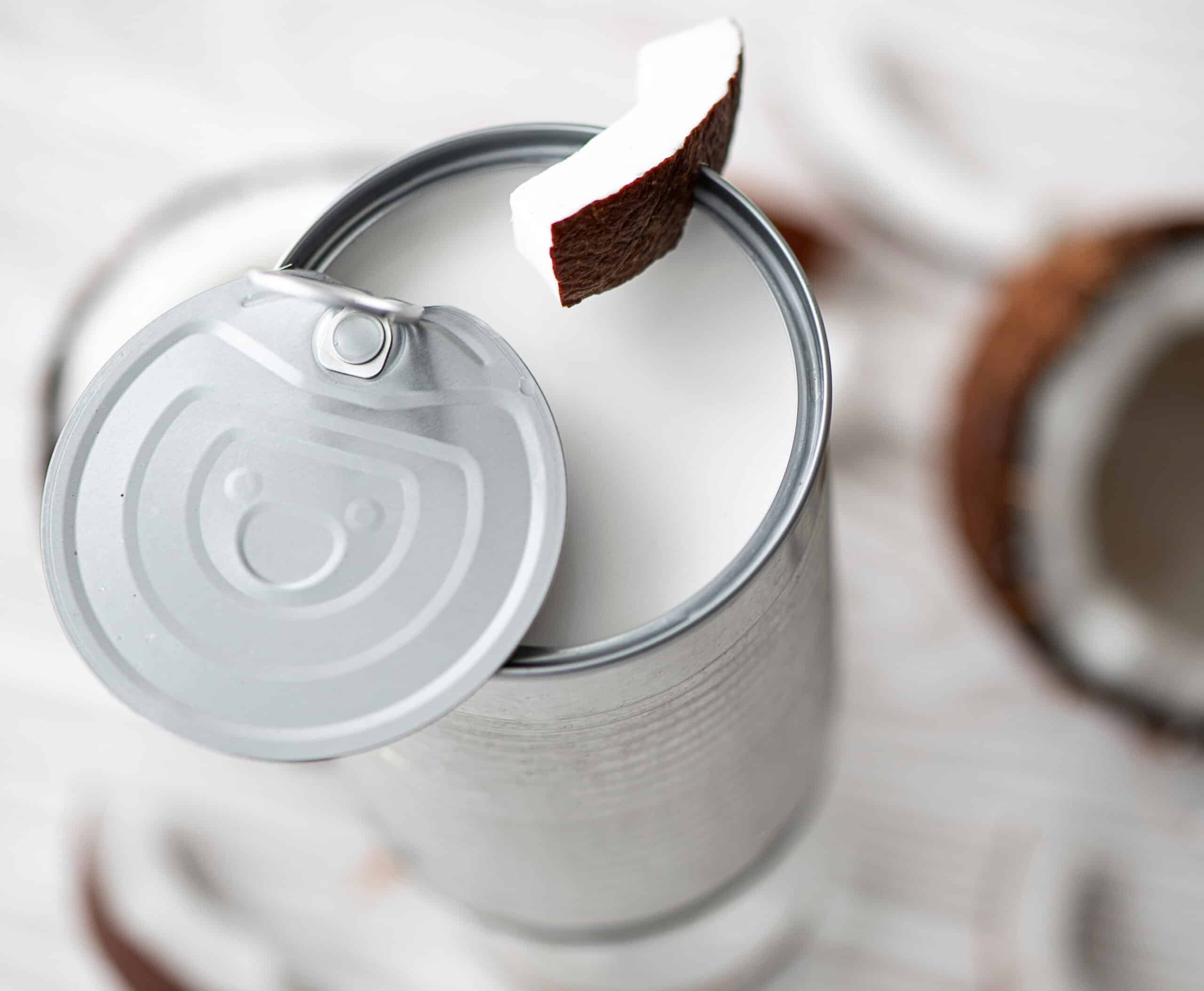
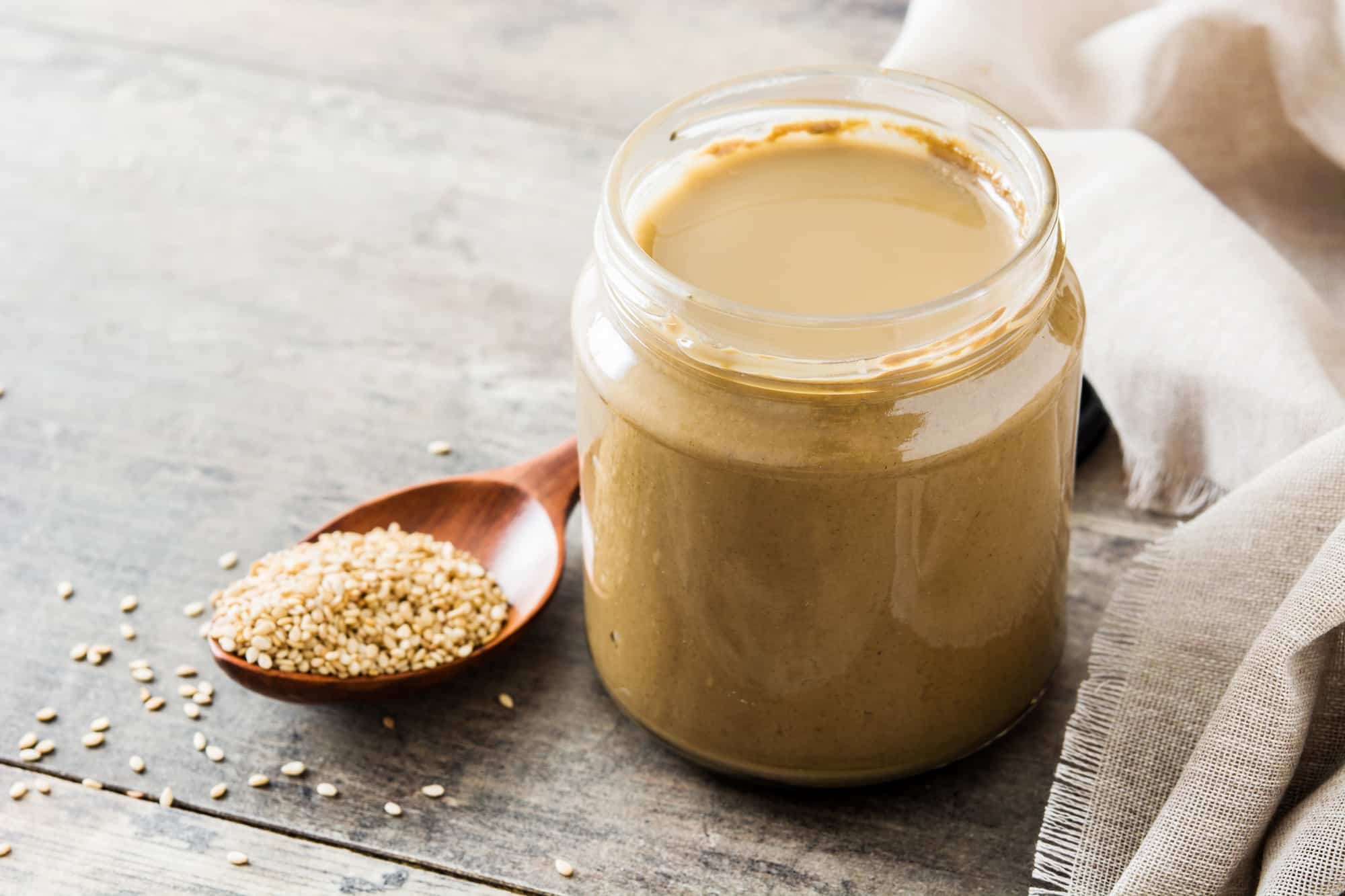
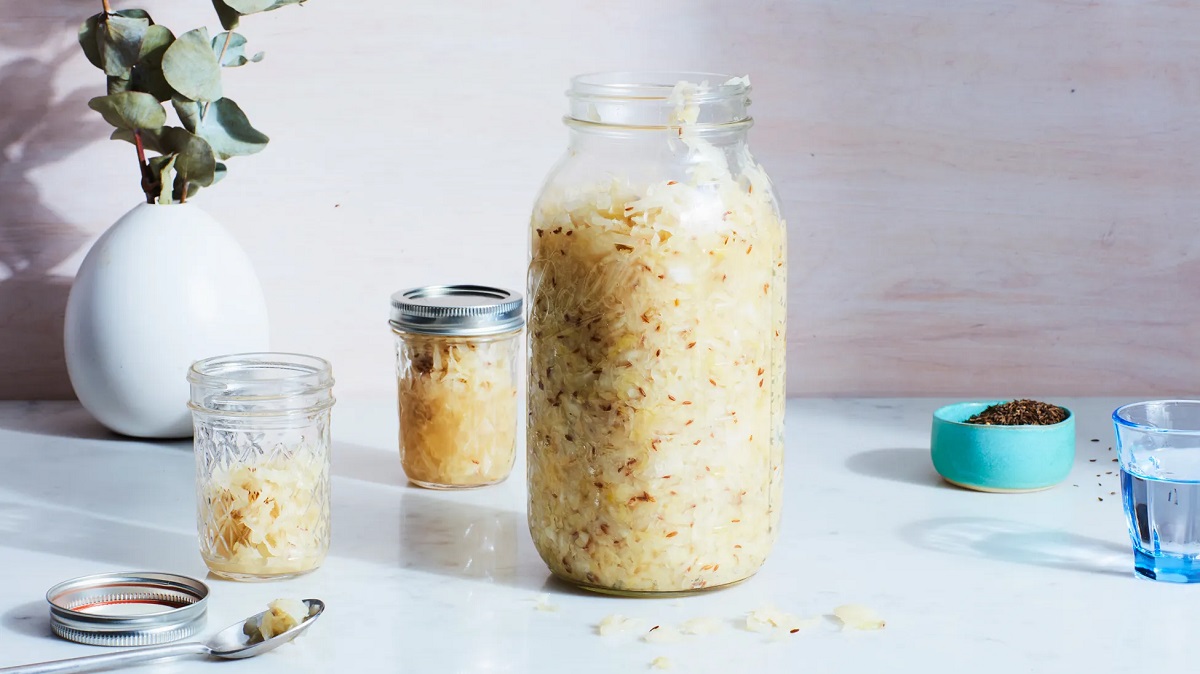
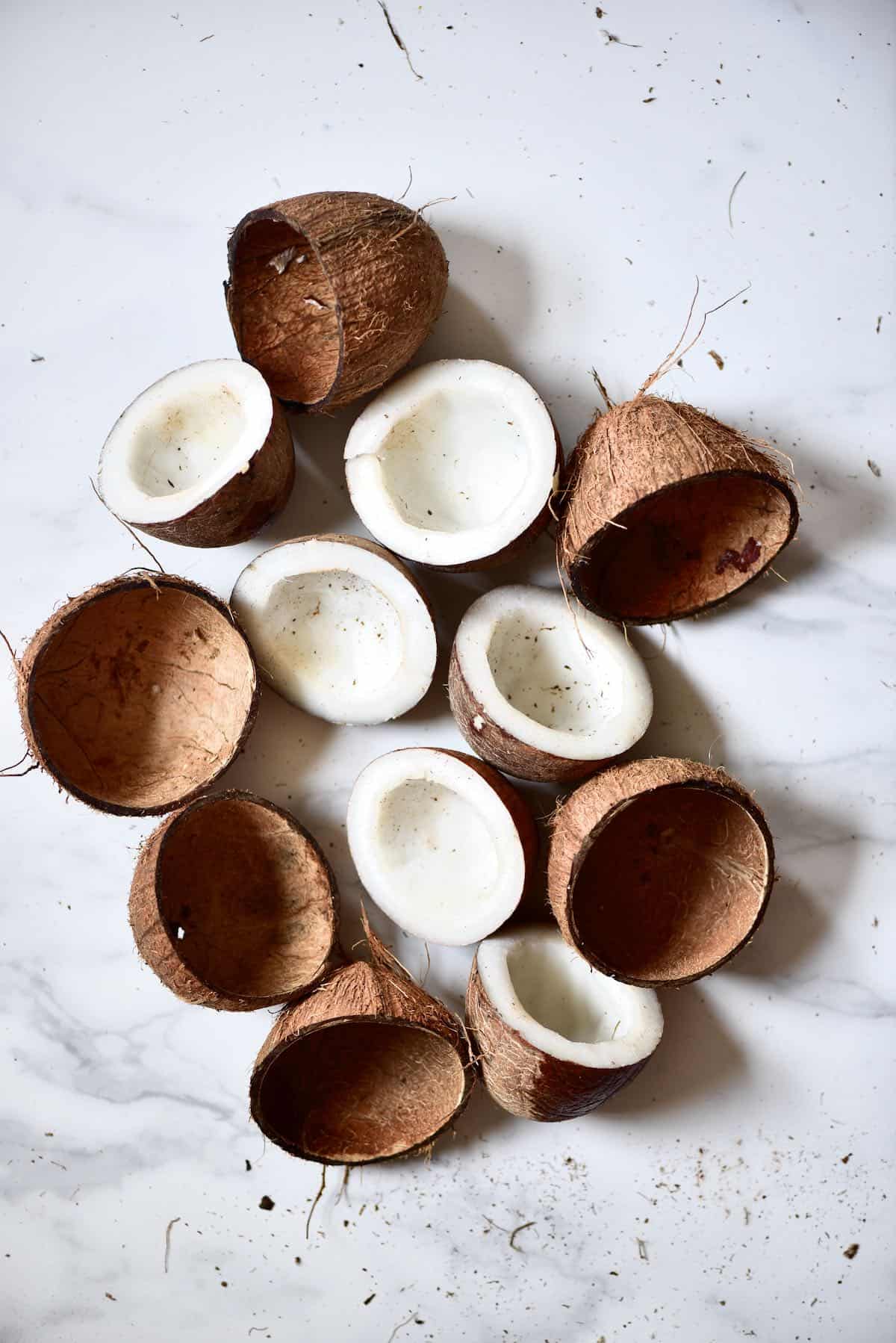
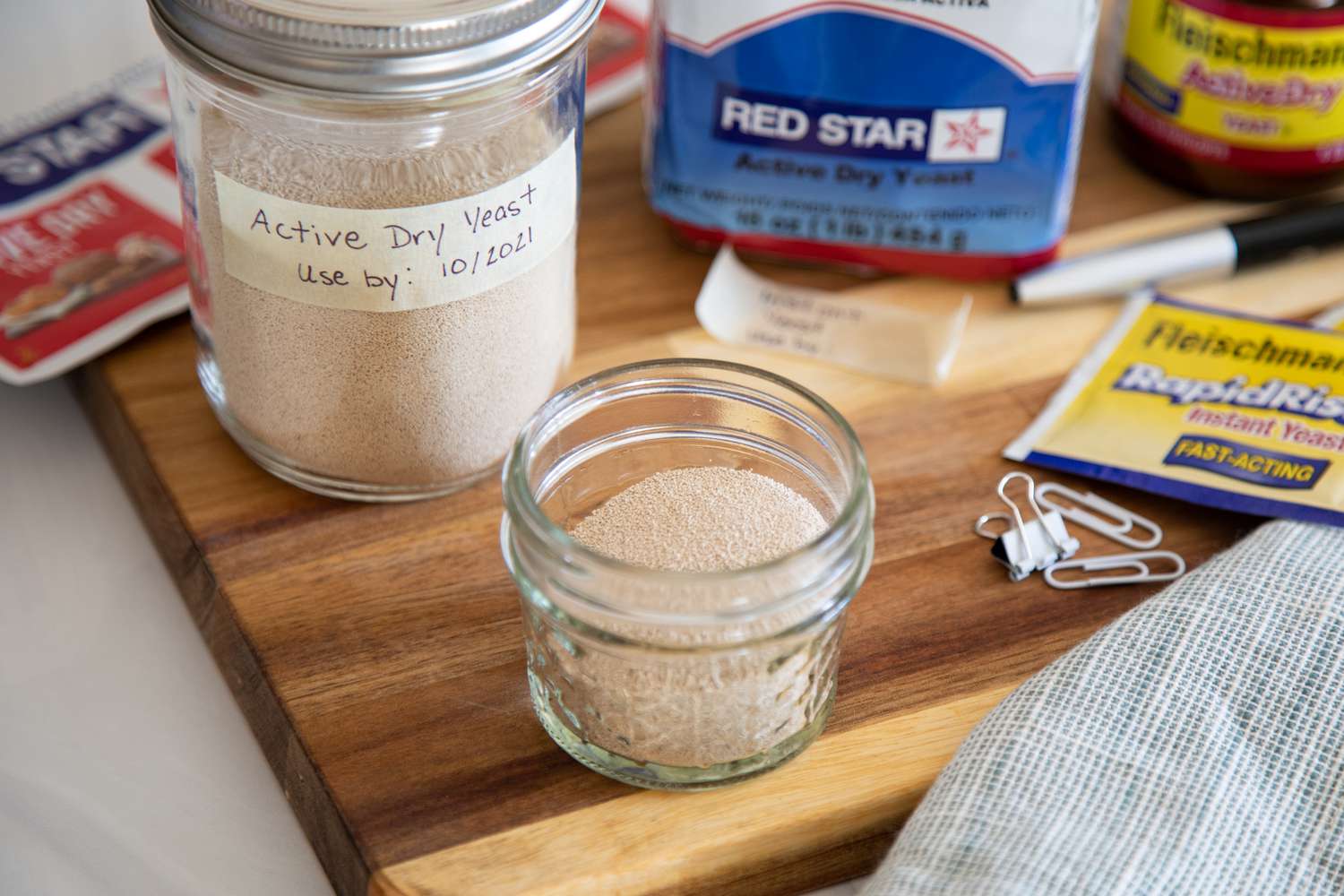
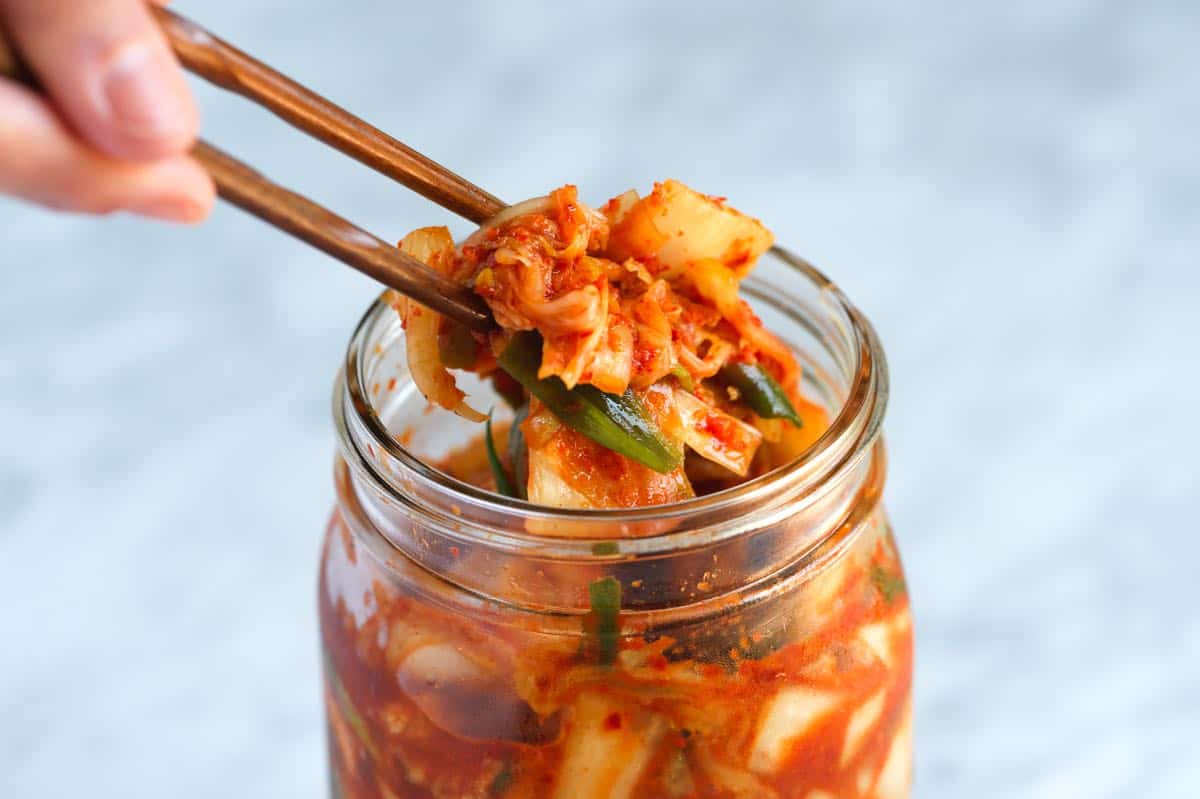
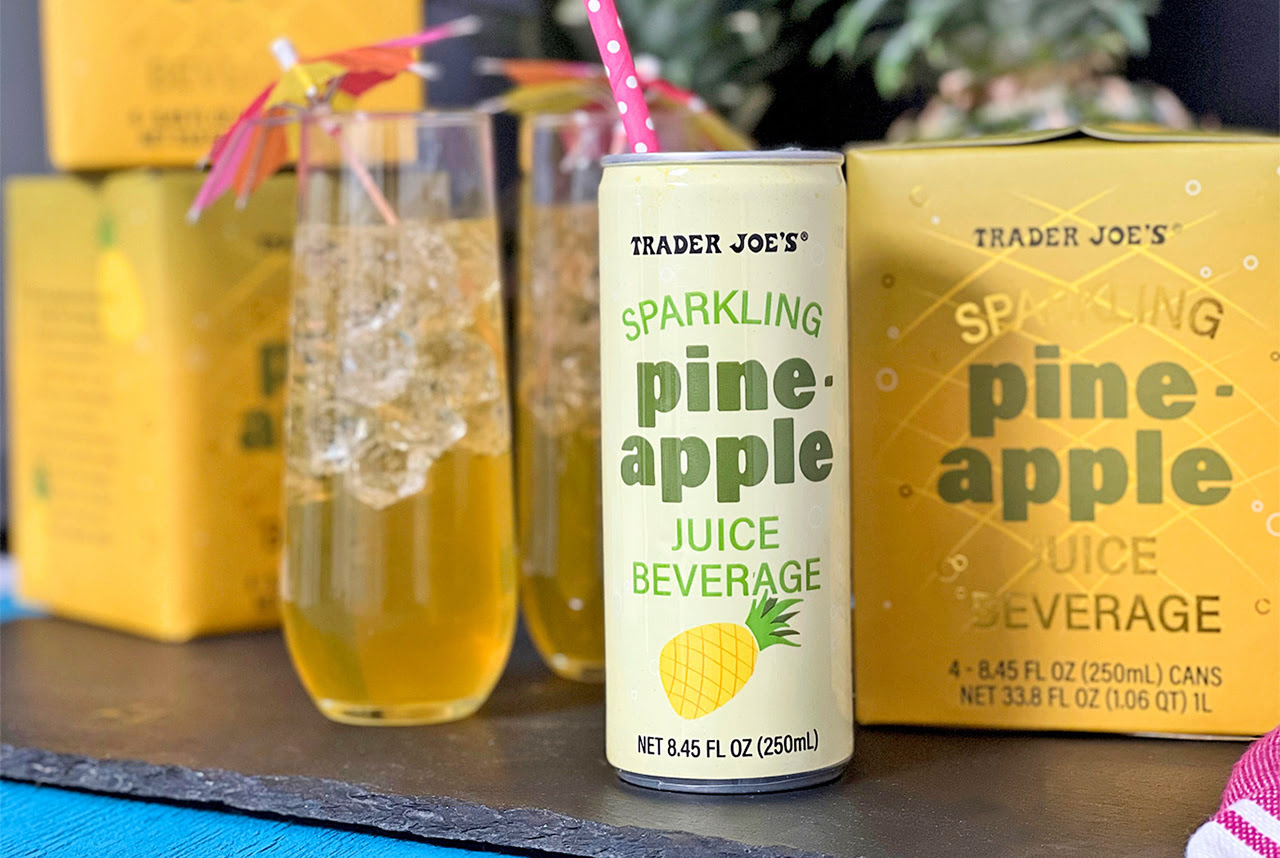
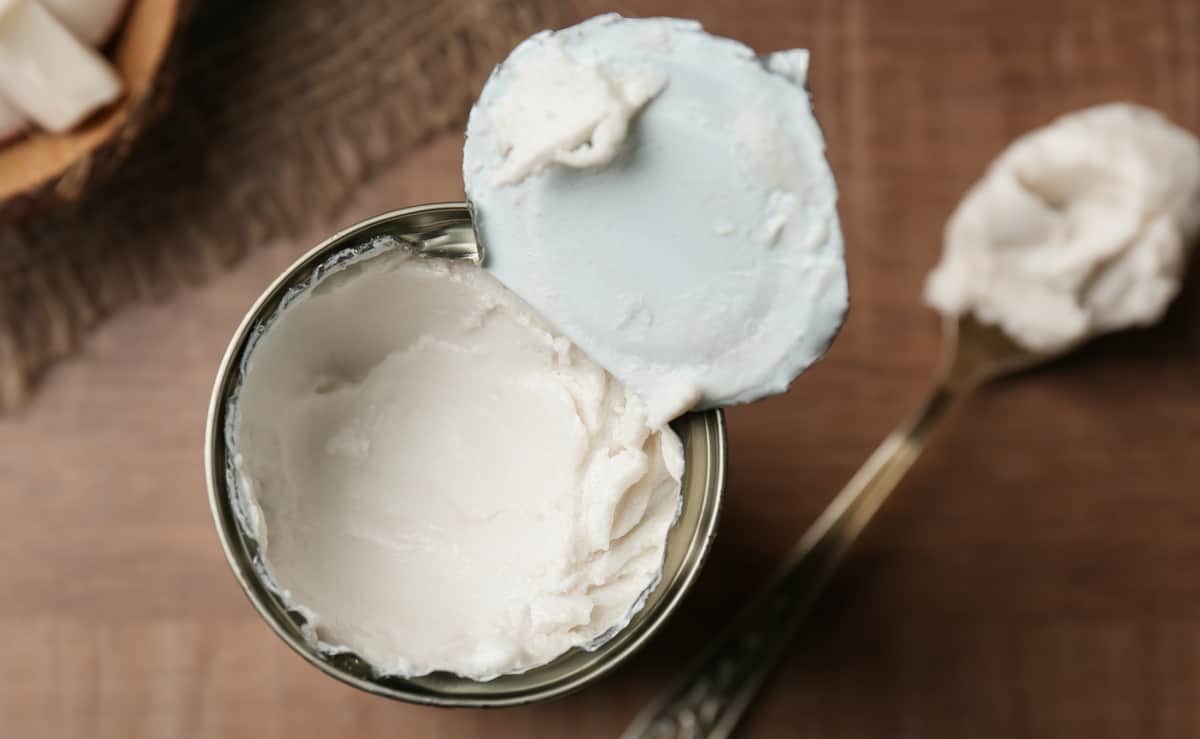
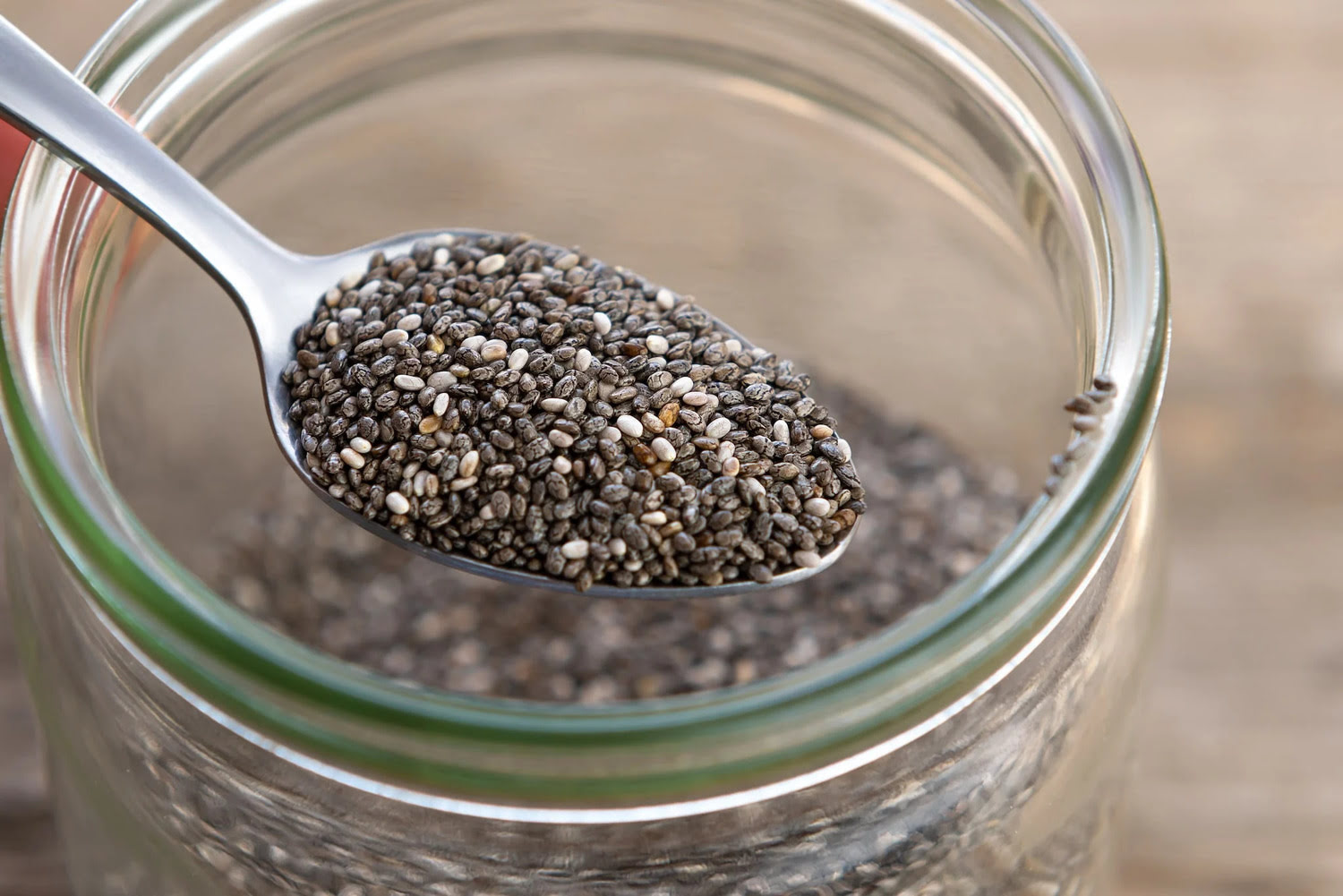

0 thoughts on “How To Store Canned Food After Opening”